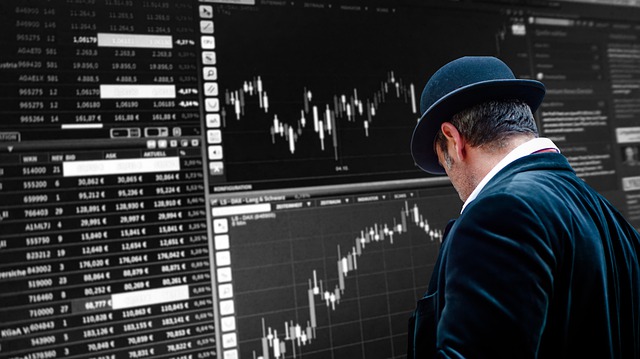As young Indians jump into soaring stock market, risks add up – Aljazeera.com
Nithin Kamath, the chief executive officer of India’s largest online brokerage, estimates that his platform handles 10 to 12 million orders on the average day. They’re increasingly from first-time investors under the age of 30, executing dozens of trades at lightning speed off their mobile phones.
Young investors like those on Kamath’s Zerodha Broking Ltd. — which has come to be known as India’s Robinhood Markets Inc. — helped drive its stock market to records this year, but many are now buying at a time when risks are building up.
India’s benchmark S&P BSE Sensex Index rose over 20% in the first 10 months of this year, aided by the central bank’s efforts to pump liquidity into the economy. But it’s dropped nearly 8% from an all-time high touched in October, partly on expectations that interest rates will rise amid a pick up in economic activity and inflation. Globally, stocks have also been volatile amid concerns about the global spread of the omicron variant.
In recent weeks, brokerages including Goldman Sachs Group Inc. and Nomura Holdings Inc. have lowered their outlook for the Indian stock market, flagging pricey valuations. Meanwhile, a poor debut for the nation’s largest ever initial public offering, from digital payments pioneer Paytm, has already left many retail investors with losses.
The more uncertain market outlook means that small investors could face substantial losses in a downturn. But returns on traditional investments like savings deposits remain low, encouraging India’s millennials to keep pouring money into stocks.
In the eastern city of Udaipur, Dushyant Rathore, 35, who runs a chain of boutique hotels with his family, says he stepped up his investments in equities during the pandemic after strict lockdowns around the world brought the hospitality industry to a grinding halt.
Rathore’s portfolio of stocks is now worth 11.5 million rupees ($150,000) after doubling in value from March 2020. He isn’t pulling back now, and he’s even pushing younger cousins and other family members to put some of their savings into equities in small, staggered amounts.
“This is probably one of the best options for someone to create wealth,” Rathore said. “Though business is now slowly picking up as travel resumes, I do plan to maintain my pace of investments.”
Since a March 2020 low, when stocks plunged worldwide on signs that the coronavirus was spreading globally, India’s Sensex has risen about 119%, the highest among countries with stock markets worth $1 trillion or more.
Some analysts see reason for caution. Despite the recent declines, the one-year forward price-to-earnings ratio for the Sensex is near 21, compared to 12.3 for MSCI’s Emerging Markets Index, …….
